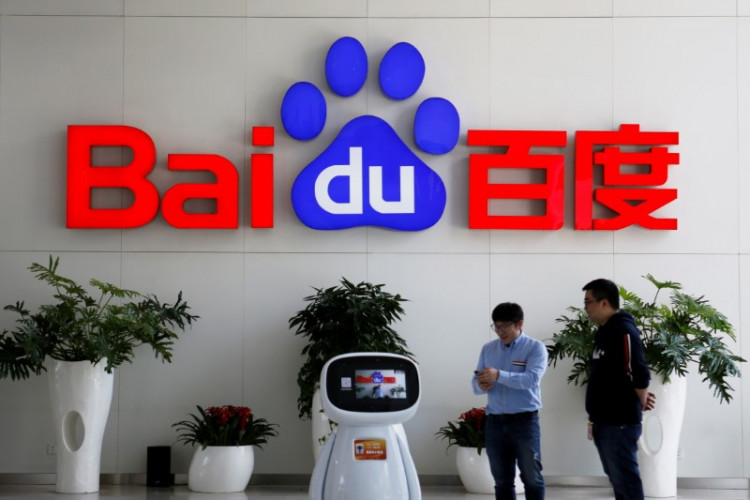On Tuesday, Morgan Stanley identified Baidu as China's "best" AI company, asserting that Baidu is poised to benefit the most from AI tools aiding China's $7.4 trillion consumer market in transitioning from offline to online.
Morgan Stanley upgraded Baidu's rating to overweight, raising its target price by $30 to $190, and suggesting that with the help of AI, Baidu could surge another 31%.
Gary Yu, an analyst at Morgan Stanley, pointed out that Baidu is the "most apparent beneficiary" of the rise in AI applications in China. He stressed that the company possesses profound expertise in areas like autonomous driving and generative AI models, along with proprietary search data.
According to Yu, the market has yet to recognize the AI innovations of Chinese internet platforms. Demand for Baidu's Wenxin Yiyu has remained robust, with over 200,000 people already registered for the tool. Baidu is expected to be among the first companies to receive a commercial license for AI-generated content.
Furthermore, Bank of America noted that Baidu holds advantages in technology and applications:
"We believe that Baidu is well-positioned to benefit from AI because it is a leader in AI technology and a pioneer of large-scale AI models and products in China. Its core businesses - search and cloud - will benefit significantly from the AI wave, which has already been proven in overseas markets," the bank said.
In terms of core technology, Baidu owns the AI chip Kunlun, the deep learning framework PaddlePaddle, and the model Wenxin Yiyu, along with applications in search, cloud services, autonomous driving, and smart devices.
Moreover, Baidu's unique search capabilities and massive search traffic, along with a knowledge graph of over 550 billion facts, can assist rapid iteration and upgrade of large models.
In overnight trading, Baidu's U.S. shares at one point bucked the trend, rising over 4% while the Nasdaq Golden Dragon China Index (HXC) fell nearly 5%. However, Baidu ultimately closed down 1.10%.




